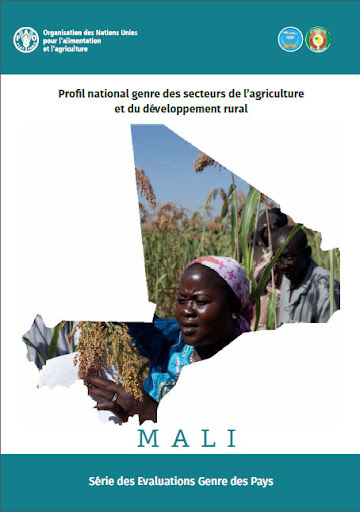A survey exploring private farm advisor perspectives of agri-environment schemes: The case of England’s Environmental Stewardship programme
Most stakeholder-based research concerning agri-environmental schemes (AES) derives from work engaging with farmers and land managers. Consequently, the voices and opinions of other actors involved in AES tends to be unrepresented in the wider literature. One group of actors that seem particularly overlooked in this respect are private (independent) farm advisors (i.e., the consultants contracted by farmers and land managers to advise-on AES and agronomic matters).




